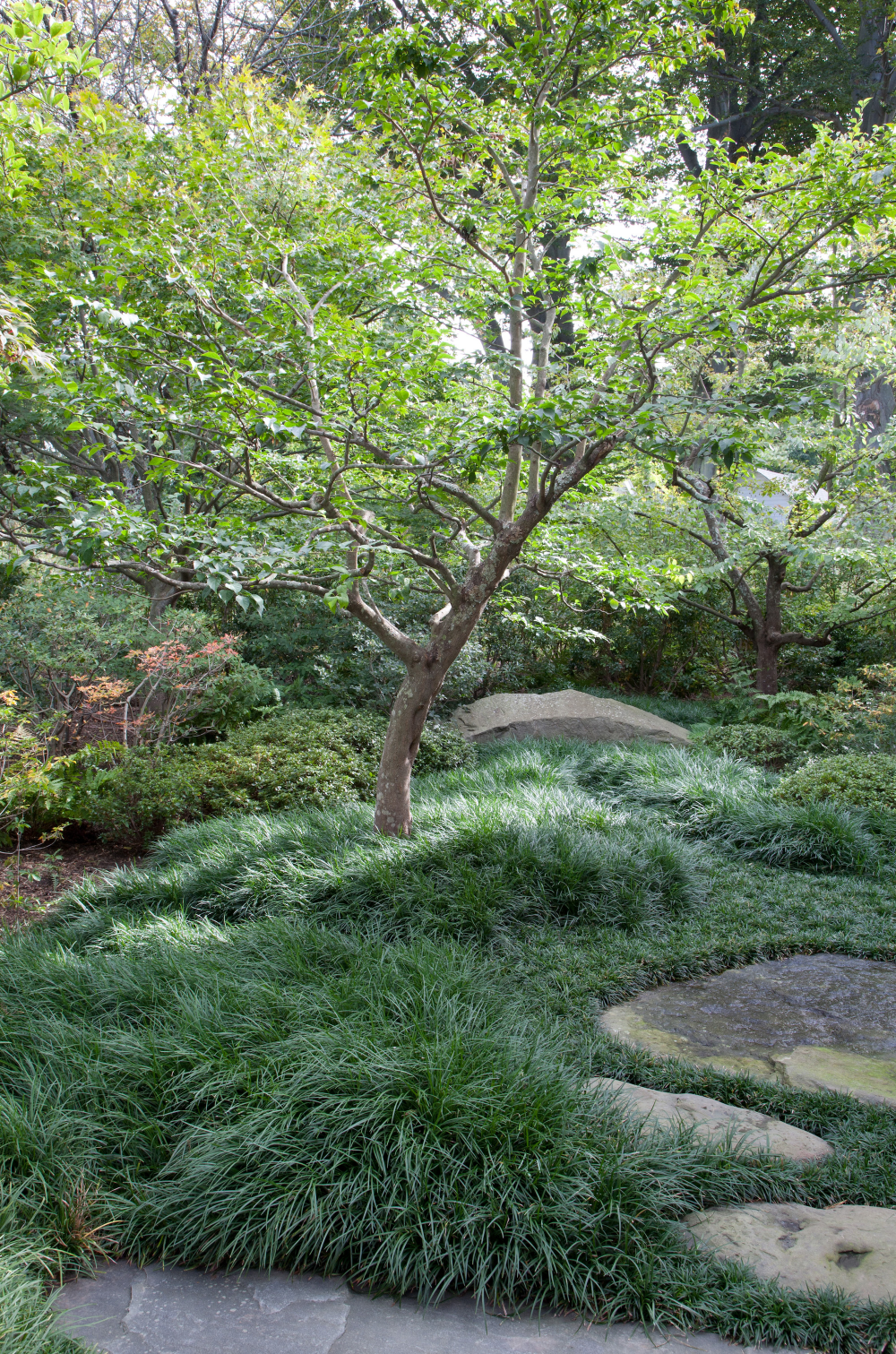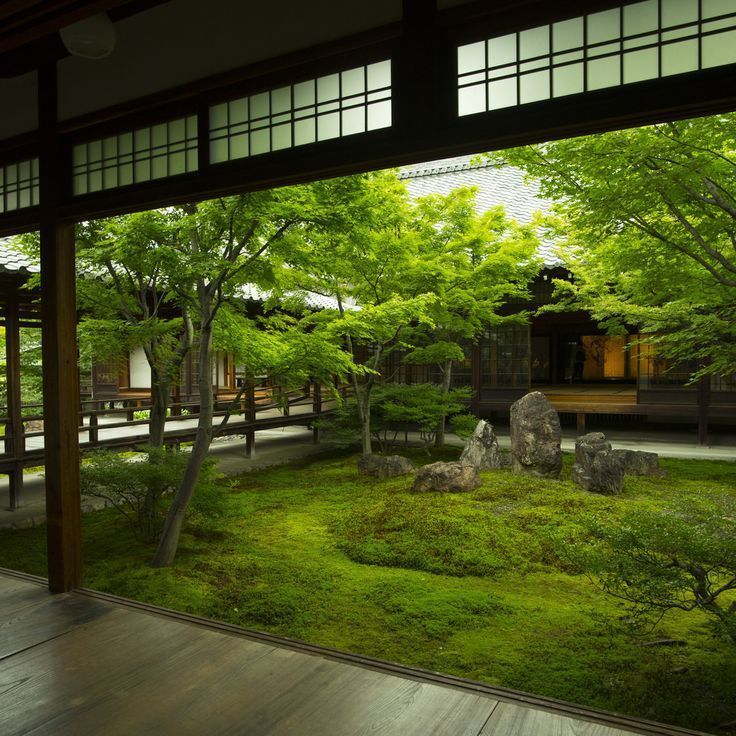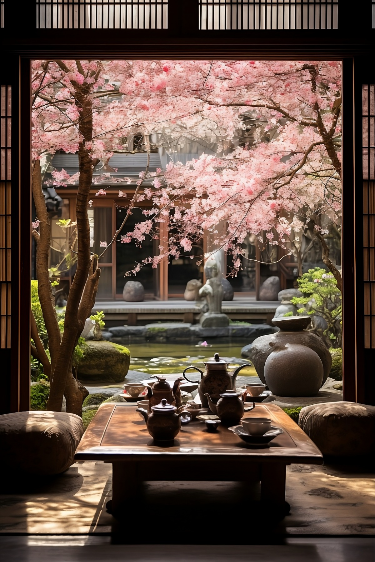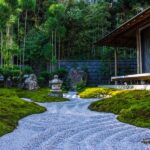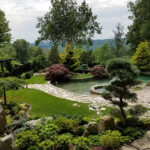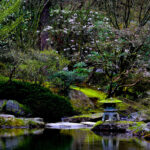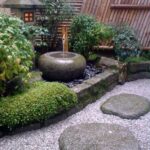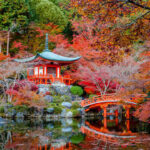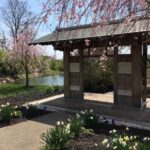Japanese gardens are known for their serene beauty, meticulous design, and connection to nature. These traditional gardens have been influenced by various philosophical and religious beliefs, including Shinto and Buddhism, and have become a beloved symbol of Japanese culture.
One of the key elements of a Japanese garden is the concept of “wabi-sabi,” which embraces imperfection, impermanence, and the beauty of natural materials. This philosophy is reflected in the design of the garden, which often includes carefully placed rocks, gravel, bonsai trees, and moss-covered pathways. The goal is to create a harmonious and tranquil space where visitors can find peace and relaxation.
Water features, such as ponds, streams, and waterfalls, are also common in Japanese gardens. These elements not only add to the aesthetic appeal of the garden but also serve practical purposes, such as providing a place for reflection and meditation. The sound of flowing water is believed to have a calming effect on the mind and body, making it an essential feature of many Japanese gardens.
Another important aspect of Japanese garden design is the use of symbolism. Plants, rocks, and other elements are carefully chosen and arranged to convey specific meanings or evoke certain emotions. For example, pine trees are often incorporated into Japanese gardens as a symbol of longevity and resilience, while bamboo represents strength and flexibility.
While traditional Japanese gardens follow certain design principles, there is also room for creativity and personal expression. Many modern gardens combine elements of traditional Japanese design with contemporary influences, such as minimalist landscaping, geometric patterns, and innovative materials. This fusion of old and new creates a unique and evolving aesthetic that continues to captivate visitors from around the world.
Overall, Japanese gardens are much more than just a collection of plants and rocks – they are works of art that reflect the deep connection between nature, culture, and spirituality. Whether you’re strolling through a centuries-old zen garden in Kyoto or exploring a modern interpretation in Tokyo, a visit to a Japanese garden is sure to leave you feeling inspired and rejuvenated.
 yishifashion Where Outdoor Dreams Become Reality
yishifashion Where Outdoor Dreams Become Reality
